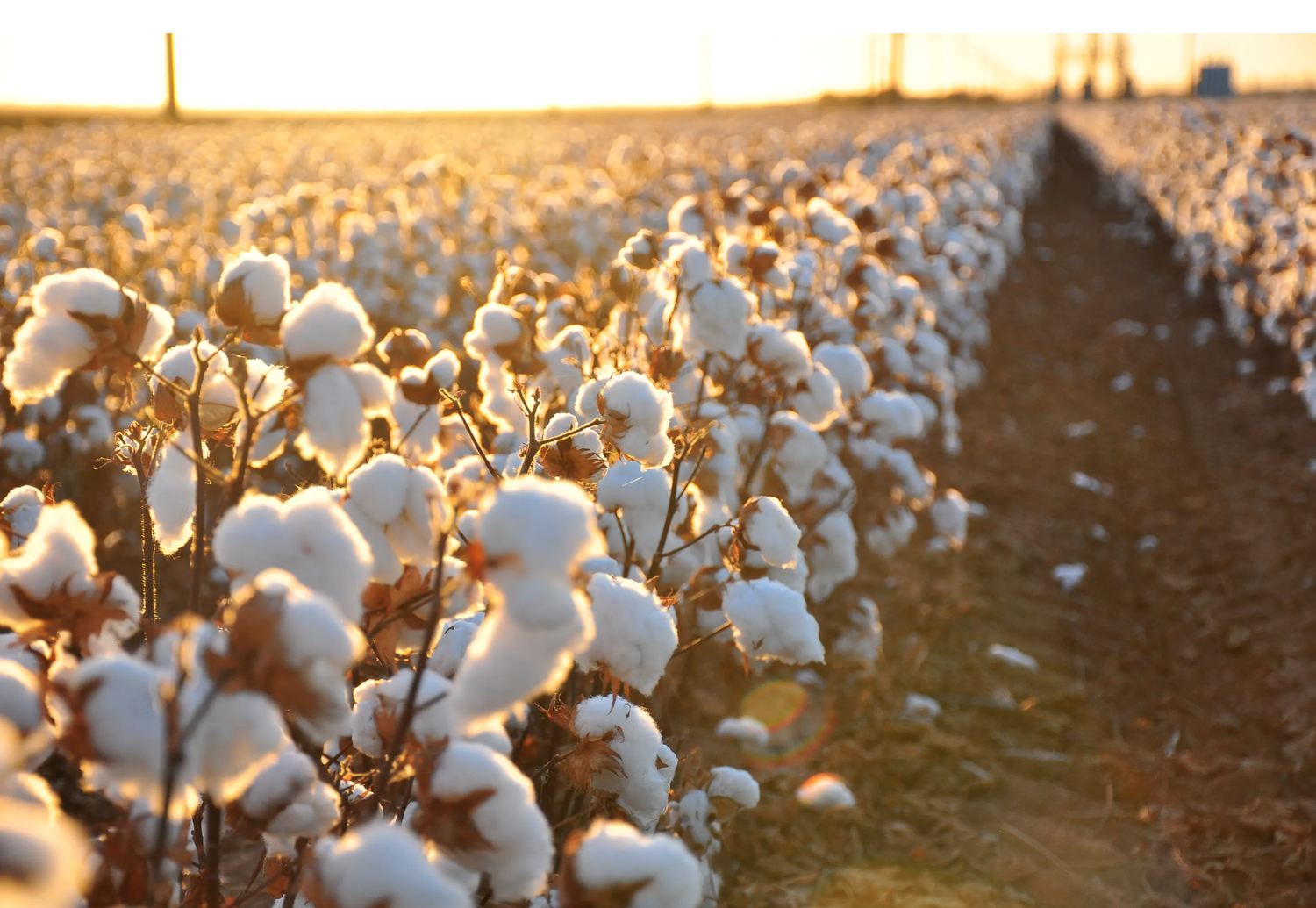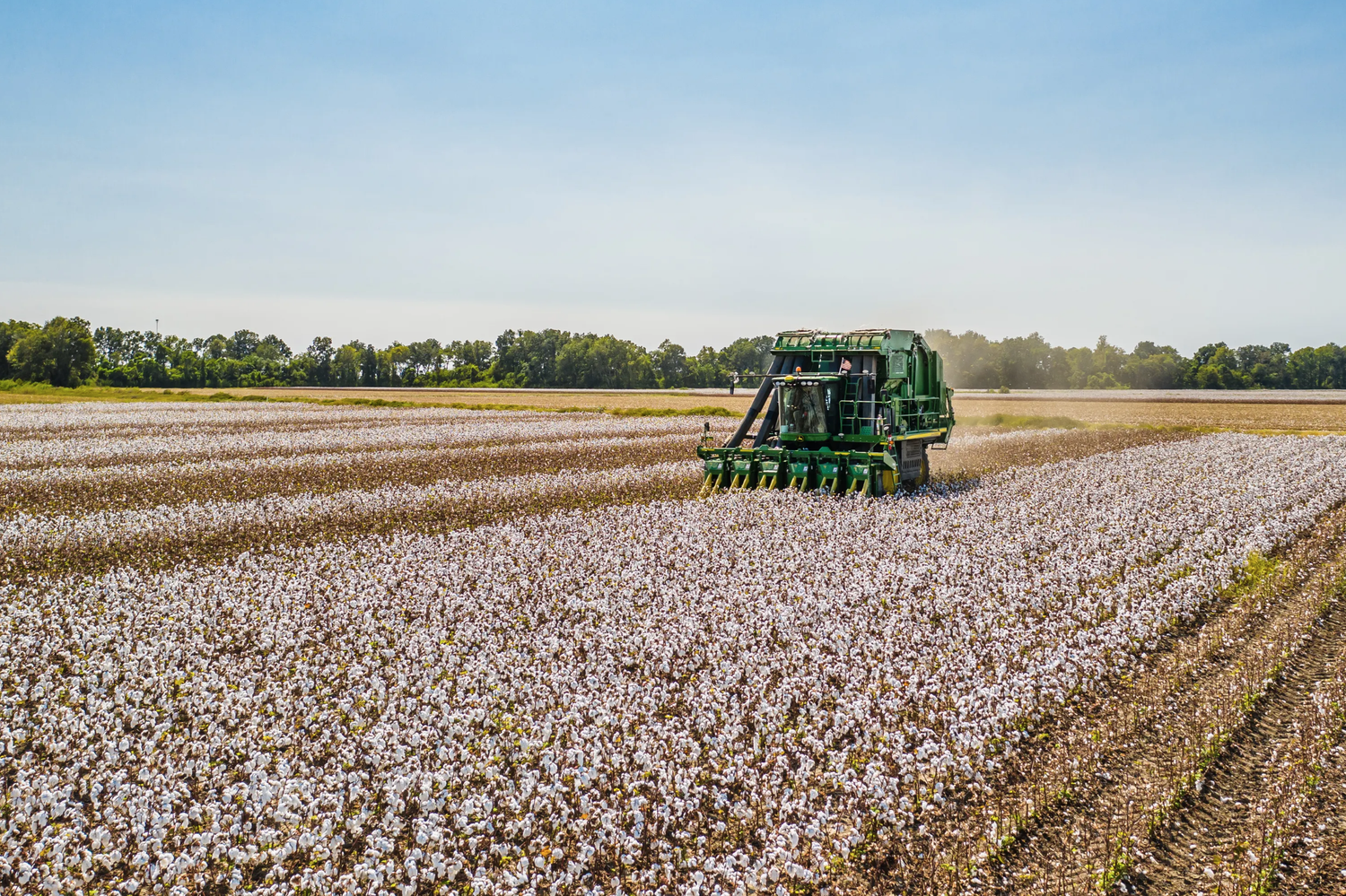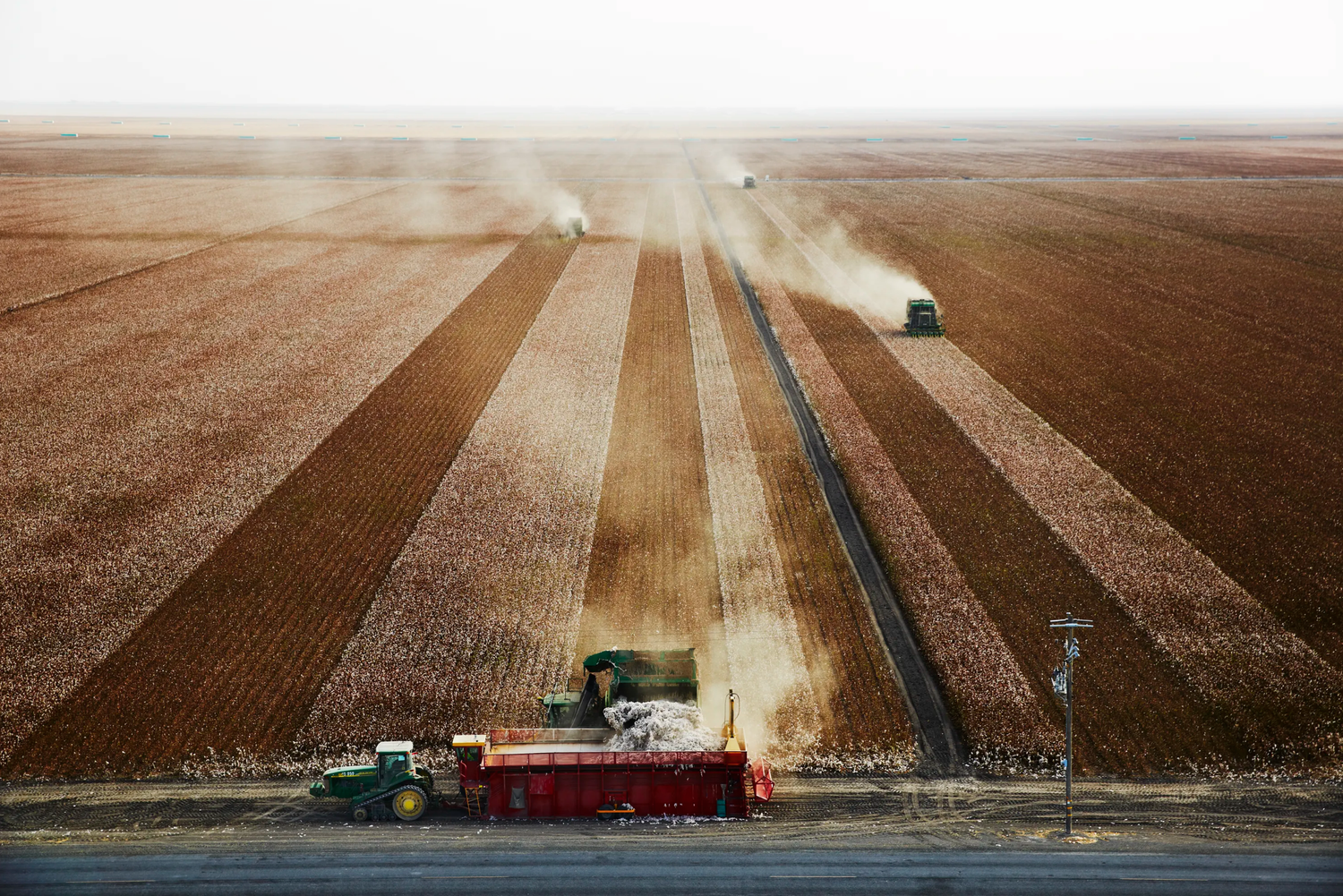Stockists
California
Denm
18 E State St Redlands, CA 92373
(909) 792-9600
www.denmshop.com
Trucker 232 Broadway St
Chico, CA 95928
(530) 343-1073
www.truckerdeluxe.com
Heritage
232 Broadway St
Chico, CA 95928
(530) 343-1073
www.truckerdeluxe.com
Heritage 1210 Roseville Pkwy
Roseville, CA 95678
(916)-780-9800
www.shophfa.com
DSF Clothing Company
1210 Roseville Pkwy
Roseville, CA 95678
(916)-780-9800
www.shophfa.com
DSF Clothing Company 520 Haight St
San Francisco, CA 94117
(415)-252-8601
www.shopdsf.com
520 Haight St
San Francisco, CA 94117
(415)-252-8601
www.shopdsf.com
United Kingdom
ASOS Marketplace Building 2. Peoplebuilding Maylands Avenue Hemel Hempstead Industrial Estate HEMEL HEMPSTEAD Hertfordshire HP2 4NW UK https://marketplace.asos.com/men (Online Store only)Australia
Lost At E MinorPO Box 225 The Junction NSW 2291 Australia shop.lostateminor.com (Online Store only)A Tree Planted for Every Order
For each order placed, a tree is planted in the north-west region of Madagascar through the Eden Reforestation Projects. Eden are experts in responsible reforestation, having planted 265 million trees to this day and created 2.6 million work days for local communities. Madagascar is a nation with over 200,000 species of plants and animals that don’t exist anywhere else in the world. Sadly more than 90% of Madagascar’s original forests have been destroyed, displacing entire animal species from their homes.
Better Cotton Initiative
A word from our suppliers.
Vaughn de Heart is committed to improving cotton farming practices globally with Better Cotton (BCI).
The Better Cotton Initiative (BCI) exists to make global cotton production better for the people who produce it, better for the environment and better for cotton communities.
It is the largest cotton sustainability program in the world and uses members fees to tackle labour challenges that often exist in the farming sector, aiding in Better Cotton’s core vision of a world where all cotton farming is sustainable.
To achieve this mission Better Cotton trains farmers to use water efficiently, care for soil health and natural habitats, reduce use of the most harmful chemicals and respect workers’ rights and wellbeing.
Better Cotton is sourced via a chain of custody model called mass balance. This means that Better Cotton is not physically traceable to end products, however, Better Cotton Farmers benefit from the demand for Better Cotton in equivalent volumes to those we ‘source.’
Better Cotton is an ever-evolving programme creating new targets for themselves and their members every year. Better Cotton Initiative works with on-the-ground partners across the world to support cotton communities to build resilience and improve their livelihoods, with a big focus on women’s equality within the cotton farming community and in some cases gaining economic independence and or leadership roles.
Partnering with an organisation that improve social, environmental and economic outcomes for the industry we are apart of is important ethos of ours. By choosing our cotton products, you’re supporting our investment in Better Cotton’s mission.
How We Source
A word from our suppliers.
The global coronavirus outbreak has created unique challenges to businesses as well as individuals, families and communities globally. As most of us have never experienced a health crisis of this scale, navigating the disruption to our supply chain will be an evolving challenge.
Our suppliers in our sourcing countries, Bangladesh and China, are fundamental to our success. Not surprisingly however it is often the most vulnerable people who reap the worst effects in crises such as the world finds itself in today.
We had multiple orders across our supply chain at varying stages in production as this pandemic unfolded. Our suppliers have upheld the commitments that were made during this time. As always we are accepting longer/delayed lead-times to our orders without penalty.
By keeping all our production agreements in place we are maintaining the incredibly important relationships with our suppliers and the continuous financial injections for the textile workforce in these compromised countries.
With the continued support and responsive training from Amfori we have raised our standard due-diligence to assess where and what risks have increased during this time to identify areas we could continue to help.
Responsible Sourcing Strategy
A word from our suppliers.
From the conception of our brand “doing the right thing” has been important to our team and customers. We believe it is the responsibility of every individual to be a good citizen, and while being a small player in a global market can at times be daunting, we believe our impact on human rights can be just as significant as larger operations and that we can all make a difference.
For this reason, we are continuously developing our Responsible Sourcing Strategy and this year have made some amendments to our Code of Conduct to reinforce our zero tolerance position around bonded labour which unfortunately is inherent in some sourcing countries. We have also revisited our Child Labour Remediation protocol and worked to reduce the risk and vulnerabilities of women in the apparel supply chain, particularly in the lower tiers.
We have employed an experienced Ethical Sourcing specialist to shape and prioritise our strategy, to train and guide us through the more complex issues and importantly to drive the momentum.
In 2018 we decided to join the Amfori BSCI initiative, which incorporates all of our Code of Conduct including environmental sustainability. Through joining this program, we will be in a better position to support our suppliers with tried and tested training programs and we will have access to word class standards and tools to improve our own processes of supply chain mapping, monitoring, and remediation.
For a small New Zealand business, the opportunity to tap into a network of international like-minded brands will be invaluable in terms of shared learnings, experiences and increased leverage with suppliers. In addition, we understand that success in addressing the more complex issues involved with Modern Slavery cannot be achieved independently and therefore a collaborative approach is essential in developing solutions. Joining Amfori we believe is an important step towards this, and we are the first New Zealand business to do so.
Supply Chain transparency continues to be a priority and this year we have made significant progress, achieving 100% transparency of our fabric sources and 95% transparency of yarn sources and raw cotton agents. Further work needs to be done regarding building direct relationships with these tiers, which is ultimately necessary to achieve full transparency of our cotton farmers. However, this is becoming closer to reality with conversations initiated with our Australian Cotton Shippers Association,BCI (Better Cotton Initiative) and growth of our Organic Cotton Program.
While this year has been an important one for fast-tracking our Responsible Sourcing Program, we acknowledge we still have much to do and a lot to learn. Training and raising awareness is a vital part of our strategy as well as communicating with the broader team and our customers who are encouraged to bring ideas and challenge us moving forward.




